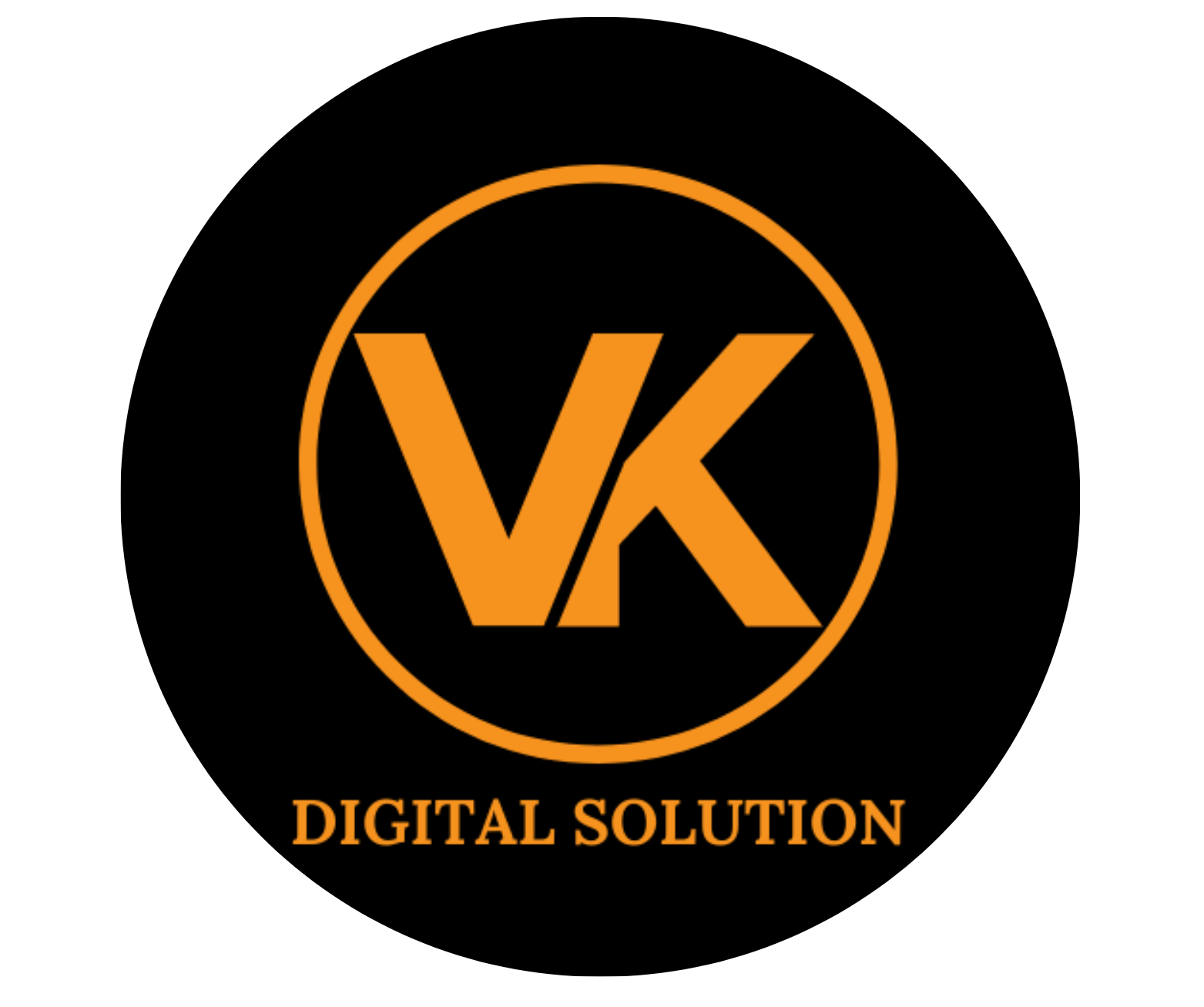Digital Marketing for Higher Education In the realm of higher education, digital marketing has become increasingly crucial. Not only does it serve as a key method for attracting students, but it also helps institutions build and maintain their reputations. This article delves into the various aspects of digital marketing tailored for higher education.
What is Digital Marketing?
Key Components of Digital Marketing
Digital marketing encompasses several elements that together create a successful strategy. These elements include:
- Search Engine Optimization (SEO): Optimizing a website to rank higher in search engine results.
- Content Marketing: Creating and distributing valuable content to attract and engage a target audience.
- Social Media Marketing: Using social media platforms to promote and engage with prospective students.
- Email Marketing: Sending targeted email campaigns to inform and attract potential students.
- Pay-Per-Click (PPC) Advertising: Using paid advertising to drive traffic to a website.
- Analytics and Reporting: Monitoring and analyzing data to measure the effectiveness of marketing strategies.
Why Digital Marketing is Essential for Higher Education
Attracting Prospective Students
Digital marketing enables higher education institutions to reach a broader audience. By leveraging SEO and content marketing, colleges and universities can appear in search results when prospective students are looking for programs and courses.
Enhancing Engagement
Social media marketing and email campaigns foster direct engagement with potential students. These platforms allow institutions to showcase campus life, academic programs, and success stories, thus building a connection with the audience.
Building Reputation
A strong digital presence helps in building and maintaining an institution’s reputation. Regularly updated blogs, active social media accounts, and positive reviews contribute to a favorable image.
Read More
How to Use Google Ads and Other Options to Monetize Your Website
Effective Digital Marketing Strategies for Higher Education
Developing a Strong SEO Strategy
- Keyword Research: Identify and use keywords that prospective students are likely to search for.
- On-Page SEO: Optimize website content, meta descriptions, and titles to include relevant keywords.
- Backlink Building: Gain backlinks from reputable sites to improve search engine rankings.
Utilizing Content Marketing
- Blog Posts: Write informative blog posts about campus events, academic programs, and student life.
- Videos: Create engaging videos showcasing campus tours, faculty interviews, and alumni success stories.
- Infographics: Use visually appealing infographics to present statistics and important information.
Leveraging Social Media Platforms
- Facebook: Share updates, events, and engaging content to connect with students and alumni.
- Instagram: Post photos and stories to give a glimpse of campus life and events.
- LinkedIn: Network with professionals and share academic achievements and research.
Implementing Email Marketing Campaigns
- Personalized Emails: Send tailored emails to prospective students based on their interests and application status.
- Newsletters: Keep current and prospective students informed with regular newsletters about campus news and events.
Investing in PPC Advertising
- Google Ads: Use targeted Google Ads to appear in search results for relevant keywords.
- Social Media Ads: Utilize advertising options on social media platforms to reach a specific demographic.
Conclusion :Digital Marketing for Higher Education
Digital marketing is an indispensable tool for higher education institutions. By implementing a comprehensive digital marketing strategy, colleges and universities can effectively attract and engage prospective students, build their reputation, and ultimately achieve their enrollment goals.
FAQs :Digital Marketing for Higher Education
What is digital marketing in higher education?
Digital marketing in higher education involves using online strategies and tools such as SEO, content marketing, social media marketing, email marketing, and PPC advertising to attract, engage, and enroll students.
Why is SEO important for higher education?
SEO is important for higher education because it helps institutions appear in search engine results when prospective students search for courses, programs, and information, thereby increasing visibility and attracting more applicants.
How can social media marketing benefit higher education institutions?
Social media marketing benefits higher education institutions by allowing them to engage directly with prospective and current students, showcase campus life, share updates and achievements, and build a community around the institution.
What are some effective content marketing strategies for higher education?
Effective content marketing strategies for higher education include creating informative blog posts, engaging videos, visually appealing infographics, and maintaining an active presence on social media platforms to share valuable content.
How can email marketing be used in higher education?
Email marketing can be used in higher education by sending personalized emails to prospective students, distributing newsletters to keep current students informed, and using targeted email campaigns to nurture leads and encourage applications.

